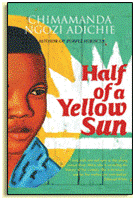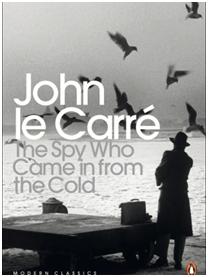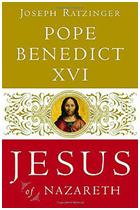First published: July 2012
 I have just finished reading this book. A delight to read. What kind of book is it? A love story? A historical novel? A thriller. A comedy – or a tragedy. Like all great books, this book does not easily fit into such categories for it is a multi-layered novel.
I have just finished reading this book. A delight to read. What kind of book is it? A love story? A historical novel? A thriller. A comedy – or a tragedy. Like all great books, this book does not easily fit into such categories for it is a multi-layered novel.
So some observations
Syria is descending into civil war. The cruelty and brutality will beggar belief. Zafón’s book is set against the recovery from such a civil war. The Spanish Civil War ended finally in April 1939 – Barcelona had fallen to Franco’s republicans in January. The aftermath of the civil war was cruel and brutal. Even 10 years later, the repercussions can still be felt.
Stalking the streets is Inspector Fumero, a psychopath who enjoys cruelty, who glories in prolonging the suffering of his victims and specialises in murder. Is Fumero’s characterisation over the top? Sadly no, for we just have to look at what is happening in so many parts of the world to realise that there are instances of Inspector Fumero in all totalitarian regimes.
The story hinges on lies and the suppression of the truth. The character of Julian Carax, the fictional author of the Shadow of the Wind, falls in love with his benefactor’s daughter, Penelope. But the untold truth is that Julian is in fact his benefactor’s illegitimate son. The love affair is ended tragically and for Penelope, barbarically. Julian is forced into exile. And now the second distortion of the truth – the fate of Penelope is kept from Julian by his closest friend. But when Julian discovers the truth, then another tragedy unfolds. Julian sees himself accursed, the devil, and scours Barcelona for copies of his work to destroy.
And another motif is bought into play – the motif of redemption.The boy Daniel is entranced by the work of Julian Carax, he wants to know about the author, there is no ulterior motive. For so long, Julian had regarded himself as a thing absolutley outside the decency. Yet Daniel, with his enthusiasm and innocence remins Julian of what he once was. Slowly Julian changes, and when the pregnant Bea has had to flee from the wrath of her family, it is Julian who takes her it and protects her. The story of Penelope and Julian echoes the story of Daniel and Bea. History does not repeat itself and Bea and Daniel escape the tragedy that engulfed Julian’s life. At the end of the novel we find that Julian has begun writing again.
It is not often that you come across a book that is so satisfying to read and stays with you . This is just such a book.
http://en.wikipedia.org/wiki/The_Shadow_of_the_Wind
Updated: July 9, 2012 at 6:10 pm

 This is a story of a family caught up in the terrible events of the Biafran War. In the 1960’s we had pictures of terrible starvation in Biafra – the images of skeletal, pot-bellied children stay with me even today. The tragedy was that Nigeria had the potential to be a rich country, and yet the population was starving to death because of the intransigence of a few generals. One wonders if such a situation would be tolerated today.
This is a story of a family caught up in the terrible events of the Biafran War. In the 1960’s we had pictures of terrible starvation in Biafra – the images of skeletal, pot-bellied children stay with me even today. The tragedy was that Nigeria had the potential to be a rich country, and yet the population was starving to death because of the intransigence of a few generals. One wonders if such a situation would be tolerated today.
